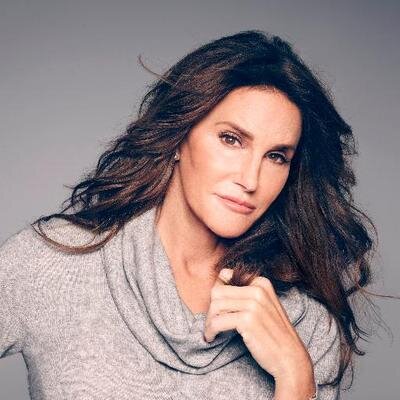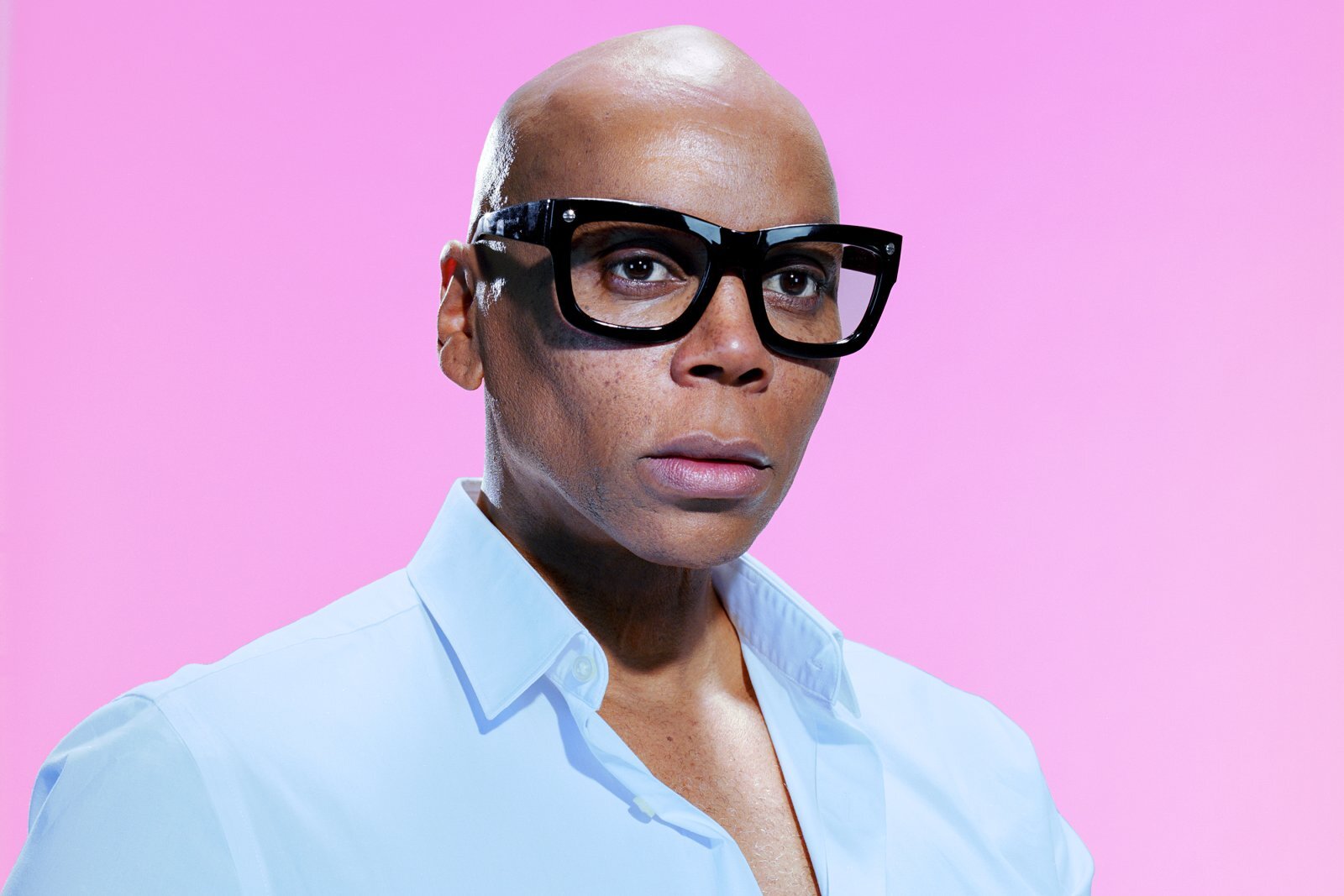We live in an ever-changing world, and by that statement I’m not implying that there was ever a time when the world wasn’t changing, but that over the last hundred years and probably even more so in the last fifty, the rate of that change has sped up exponentially.
That change has been possible because of the way technology has changed our lives so drastically post the industrial revolution: electricity, telegram, phone, radio, movies, television, air travel, computers, internet, cell phones and whatever the next game changing piece of technology will be. All of these technologies have one very big component in common - an exchange of data, and with each new toy, said exchange has sped up. For example, there was a time that in order to make a call you had to be at home, the office or that relic of the 20th century: the pay phone. Even worse: you had to wait for the other person to get off the phone before you could use it! The tragedy! If something aired on TV, you had to be there at that moment, to see it. Otherwise, you’d have to wait for reruns during the summer or whenever the TV gods decided you could. If you wanted to look something up, you had to go to the library or if you were fancy enough, you’d have an encyclopedia at home. What fun! No, it was not. But why am I taking you back to the cool days of the first generation walkman or Atari? Because while details are important, sometimes we need to see the bigger picture to understand the full journey.
Pooya Mohseni
Iranian American actress, writer, filmmaker and activist, born and raised in Tehran, Iran.
I’m an actor, who happens to be of Middle Eastern descent, an immigrant, a trans woman, an LGBTQ+ activist, script consultant and few other things that bear little significance to this piece.
10 years ago, I would have been considered a trailblazer. 20 years ago, an amusing novelty by some and a freak by others, and while those sentiments may still be true for some, they’re definitely much less prevalent. 30 years ago, most of you would have never heard of me. Why? Because the entertainment industry and the larger world beyond that had no space or interest in me.
Why do you think until the early 2000’s the only trans or gender non-conforming people you saw on TV or film were either villains, victims in a movie, or as a bunch of “strange” people to point at on shows like Jerry Springer? Not because there’s suddenly been an influx of gnc (gender nonconforming) people in the world, because that’s just a stupid thought, but because within the last 20 years or so we’ve exchanged more information around the world than probably the previous millennium.
We have seen many more different kinds of people and because of that: 1) the majorities have become more aware and slightly more comfortable with the different “other” groups in the society and 2) minorities have realized that they’re not alone, have found ways to come together and fight their way forward, as a collective.
You’re probably thinking that I’m oversimplifying and connecting things that are not connected. You are correct on the former and not completely so on the latter, but I’m also not writing a novel, so I’m condensing a bit. Just look around online. Television and Internet have opened our eyes to things that most of us would have never seen before in our lives. I’ve never travelled to Antarctica, but I know what it looks like. Most of you have never met RuPaul in person, but thanks to cable, the Internet and GIFs galore, you know who that is. And while I’m not going to completely overlook the medical advances in the field of gender studies in both adults and children, I would say that more people know the term “transgender” because of Laverne Cox, Caitlyn Jenner, Transparent on Amazon or Pose on FX! And that brings me to my point, which is: the way we exchange information NOW has a lot to do with WHY we know and talk about things today that a decade or so ago would have been utterly unthinkable.
As more people travel out of their hometowns or even countries, the make up of our communities’ change. Yes, there are still Italian neighborhoods and if you go to certain parts of Brooklyn you will mostly see Hasidic families strolling about. But you also see more towns and cities that have people from different backgrounds, even continents, living side-by-side and being exposed to other cultures, lifestyles and general ways of living. Media and entertainment are not exceptions, though usually a few steps behind, and in rare instances, maybe ahead. At one point, you only saw people of color in certain roles that stereotyped a whole race, religion or national background.
While that has still not completely died out, the tendency to do so is fading as new and younger audiences don’t want to eat the old tropes that were accepted 40 years ago. A gay character on TV in 2020 is very different than his equivalent on TV in the 80s, if you could have found one at all. A middle eastern woman can now hope to see a slightly more accurate representation of herself than the helpless, voiceless stereotype of 20 years ago. If you don’t believe me, take this: as an Iranian trans woman, I have played a judge on “Law and Order: SVU”, the longest running procedural network show that has an audience of millions, across age groups, racial backgrounds and even countries. 15 years ago this would not have happened. And while I credit this instance of inclusion to the casting directors who are dedicated to inclusion and changing the status quo, writers who don’t want to copy storylines of yesteryear and directors, show runners, and magic makers who want to make their own individual mark in this world, I also acknowledge that these changes have happened because of strong, tireless and brave pioneers who were the firsts of their kind to walk through those doors and pave the way.
But I also want to point out that had we not had certain tools at our disposal like the internet, television, cable, cell phones, numerous gadgets, and different platforms and ways of communication, we either would not have seen these amazing people and what they have given our world at all, or we would have seen them days, weeks or years later, as was the norm before the advent of such technologies. And while I do not claim that these toys are necessarily the answer or a path to a better world, I am suggesting that these are great tools and if used with good intentions and the use of compassion and intellect, they can bring about a world that has room and understanding for everyone, including you, me and everyone else.
So, the next time you turn on your Netflix or peruse your phone screen, remember that you can expand your understanding of the world around you in ways that your parents and their parents could have never imagined. Now, whether you use this advantage to widen your horizon and utilize it to better yourself and the world around you, or to just kill time before you get into another online argument with a bot and further alienate yourself from humanity, is totally your choice. But that choice, defines you and your effect on the world in general. So, make your choice wisely.
With Love and Gratitude,
Pooya
Pooya Mohseni is an Iranian-American actor, writer, filmmaker & Trans activist. Co-producer/star/writer of "Transit: A NYC Fairytale", a short film about love between a trans woman and a cis man, coming soon! She has written articles for The Advocate, medium.com and other platforms, shedding light on the different aspects of being trans in the past, the present, and future. See more at pooyaland.com or follow her @pooyland. #pooyaland
G&E In Motion does not necessarily agree with the opinions of our guest bloggers. That would be boring and counterproductive. We have simply found the author’s thoughts to be interesting, intelligent, unique, insightful, and/or important. We may not agree on the words but we surely agree on their right to express them and proudly present this platform as a means to do so.







